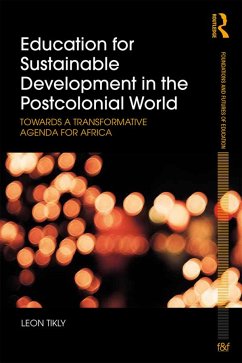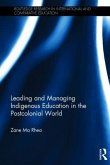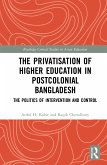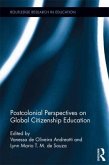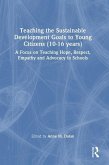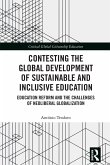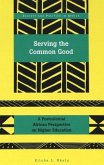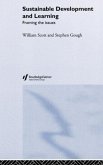Education for Sustainable Development (ESD) lies at the heart of global, regional and national policy agendas, with the goal of achieving socially and environmentally just development through the provision of inclusive, equitable quality education for all. Realising this potential on the African continent, however, calls for radical transformation of policy and practice. Developing a transformative agenda requires taking account of the 'learning crisis' in schools, the inequitable access to a good quality education, the historical role of education and training in supporting unsustainable development, and the enormous challenges involved in complex system change. In the African continent, sustainable development entails eradicating poverty and inequality, supporting economically sustainable livelihoods within planetary boundaries, and averting environmental catastrophe, as well as dealing with health pandemics and security threats. In addressing these challenges, the book: explores the meaning of ESD for Africa in the context of the 'postcolonial condition' critically discusses the Sustainable Development Goals (SDGs) as well as regional development agendas draws on a wealth of research evidence and examples from across the continent engages with contemporary debates about the skills, competencies and capabilities required for sustainable development, including decolonising the curriculum and transforming teaching and learning relationships sets out a transformative agenda for policy-makers, practitioners, NGOs, social movements and other stakeholders based on principles of social and environmental justice. Education for Sustainable Development in the Postcolonial World is an essential read for anyone with an interest in education and socially and environmentally just development in Africa.
Hinweis: Dieser Artikel kann nur an eine deutsche Lieferadresse ausgeliefert werden.
Hinweis: Dieser Artikel kann nur an eine deutsche Lieferadresse ausgeliefert werden.

